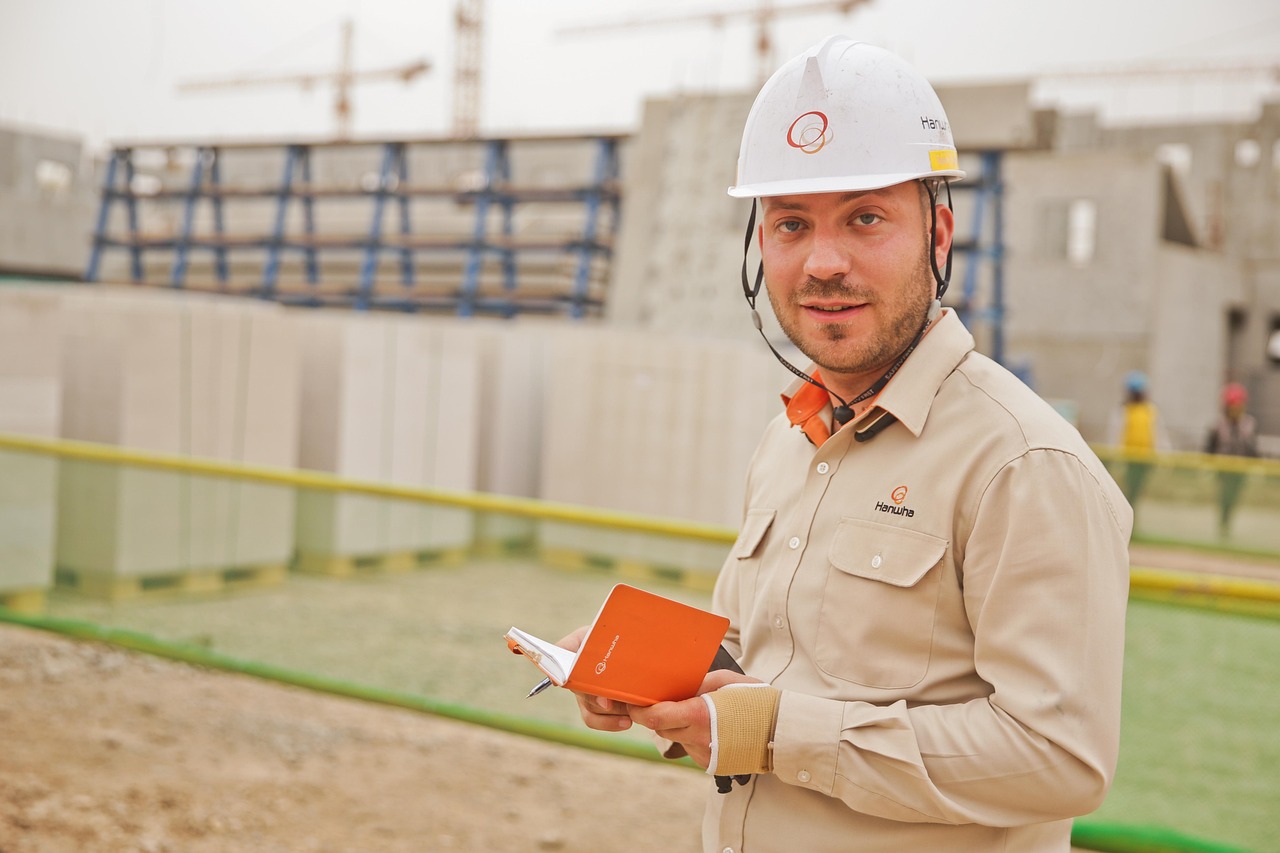Top Construction Companies and Key Roles Across Canada in 2025
What drives Canada’s construction sector today? Explore leading firms, workforce trends, emerging technologies, government regulations, sustainable practices, and essential roles shaping innovative projects in Toronto, Calgary, and Ontario’s rapidly evolving construction market landscape.

Prominent Construction Companies in Canada’s Major Urban Centres
Toronto: A Centre for Large-Scale Construction Excellence
Toronto’s construction industry is one of the largest in Canada, representing over 40% of Ontario’s construction workforce. Leading firms in Toronto are recognized for their innovative projects and influence on the city’s skyline:
- PCL Constructors Inc.: A leading force in Canadian construction, PCL delivers commercial, institutional, and civil projects. Significant works include the CN Tower and Scotiabank Arena, demonstrating their expertise in large-scale infrastructure.
- EllisDon Corporation: Founded in 1951 and based nearby in Mississauga, EllisDon is responsible for projects like the Rogers Centre and Ritz-Carlton Hotel, known for construction innovations and project management strengths.
- Aecon Group Inc.: Known for civil engineering and industrial projects, Aecon has contributed to Toronto’s Gardiner Expressway and CN Tower.
- Tridel: Focused on residential developments, Tridel emphasizes sustainability and quality craftsmanship to meet housing demand in Toronto.
Other notable companies include Bird Construction, Ledcor Group, Graham Construction, Clark Builders, and Magil Construction, active across commercial, residential, institutional, and infrastructure sectors. Many of these companies incorporate environmentally friendly building practices reflecting the industry’s move toward sustainability.
Calgary: Emphasis on Sustainability and Innovation
Calgary’s construction market in 2025 features urban expansion with a focus on sustainability and innovation. Leading companies adopt modern technologies and eco-friendly materials to comply with standards for durable, energy-efficient buildings. Key features of Calgary’s firms include:
- Experience in commercial, residential, and industrial sectors.
- Rigorous quality control and adherence to workplace safety standards.
- Transparent client communication.
- Proficiency in project management and civil engineering.
- Use of green building methods to lower environmental impact and operational costs.
Customer reviews and online feedback help establish Calgary companies’ reliability, highlighting timely project delivery, responsiveness, and workmanship.
Overview of Construction Industry Trends Across Canada in 2025
Ontario’s Diverse Market and Employment Scenario
Ontario’s construction industry employs about 596,000 workers (7.5% of provincial employment) and contributed $59.1 billion to the provincial GDP in 2023. The industry consists of three main subsectors:
- Building Construction: New builds, expansions, and maintenance of residential and commercial properties.
- Heavy and Civil Engineering Construction: Infrastructure projects like bridges, highways, and transit systems.
- Trade Contracting: The largest employment subsector, including specialized trades such as masonry, electrical work, and painting.
Residential construction slowed during 2022 and 2023 due to higher interest rates and material shortages but may rebound with government programs supporting affordable and rental housing. Investments in non-residential construction continue growing with infrastructure, industrial, and institutional projects.
Addressing Workforce Challenges
Across Canada, including Ontario and Alberta, the construction sector faces challenges with an aging workforce. Responses include:
- Apprenticeship initiatives and trades education (e.g., Canadian Apprenticeship Strategy).
- Programs aimed at women and underrepresented groups in skilled trades.
- Government support for skills training and recruitment.
These efforts seek to sustain a skilled workforce capable of meeting industry demands and fostering innovation.
Key Roles and Skills in the Canadian Construction Industry
Construction projects require diverse expertise from trades to management. Key roles in Canadian construction companies include:
- Project Managers: Oversee scheduling, budgeting, risk management, and stakeholder communication to ensure project progress.
- Skilled Tradespeople: Carpenters, electricians, plumbers, masons, and others perform specialized tasks vital to construction, typically through apprenticeship and certification.
- Civil Engineers: Plan, design, and maintain infrastructure such as roads, bridges, and utilities.
- Construction Estimators: Prepare detailed cost projections and budgets to assist project bidding and financial planning.
- Safety Officers: Implement workplace safety policies, regulatory compliance, and accident prevention measures.
- Environmental and Sustainability Specialists: Promote green building practices and pursue certifications like LEED (Leadership in Energy and Environmental Design).
- Site Supervisors and Foremen: Manage day-to-day site activities, supervise workers, and coordinate logistics.
Success in these roles depends on effective communication, leadership, technical expertise, and adaptability to evolving technology and regulations.
The Role of Sustainability and Client Engagement
The Canadian construction industry increasingly adopts sustainable design and practices to support environmental responsibility. Firms in Toronto and Calgary contribute by:
- Utilizing eco-friendly and energy-saving materials.
- Planning mixed-use developments that promote environmental care.
- Employing methods that reduce waste and lower carbon emissions.
Maintaining clear communication throughout construction builds client trust. Providing timely updates and addressing concerns encourage positive client relations, which help maintain company reputations and future business.
Conclusion
In 2025, Canadian construction companies continue to shape urban and rural landscapes nationwide. Established leaders in cities such as Toronto and Calgary focus on quality, innovation, and sustainability. The industry involves a wide range of roles requiring specialized skills, managerial knowledge, and attention to environmental standards. Companies continuously adapt to economic changes, workforce dynamics, and technological advances to contribute to Canada’s development.
Sources
- Top 15 Construction Companies in Toronto, Canada: Shaping the City’s Skyline in 2025
- Ontario Sectoral Profile: Construction
- Top-Rated Construction Companies in Calgary: What Sets the Best Apart
Disclaimer: All content, including text, graphics, images and information, contained on or available through this web site is for general information purposes only. The information and materials contained in these pages and the terms, conditions and descriptions that appear, are subject to change without notice.




